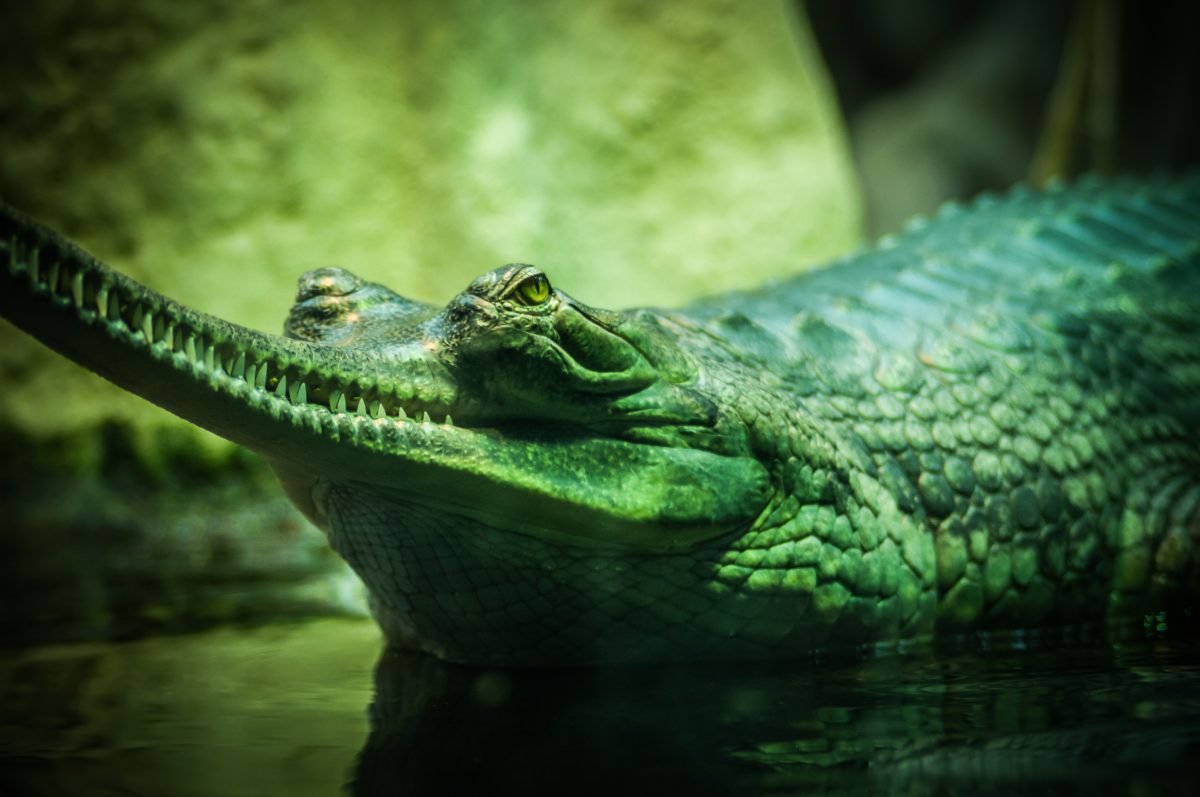We said before that biological macroevolution comprises three grand claims about the biological realm. All three tell us “what would happen if evolution worked long enough”. These three grand claims describe the supposed effects of evolution rather than a mechanism or the way how evolution happens. We should therefore distinguish between the supposed effects of macroevolution and the biological mechanism that is supposed to produce those effects. The commonly adopted mechanism of evolution in biology is the neo-Darwinian one. It consists of two basic factors—random genetic mutations and natural selection. Mutations provide diversity from which selection chooses the “better adapted” traits and rejects the “worse adapted”. Only the mechanism of evolution is a proper object of scientific scrutiny. The grand claims remain just the grand claims which are not so much scientific as philosophical. The grand claims have never been demonstrated according to the methods of natural sciences. Thus, it is important to keep in mind the distinction between the mechanism and the effects of evolution. The mechanisms may change, but the supposed effects (the three grand claims) remain the same from the times of Darwin to now. In our debate between Thomism and evolution we are not concerned with the mechanism of evolution but with the three grand claims. Consequently, it does not matter for us how much credibility any mechanism gains in science, whether it is confirmed or disproved. Darwinism or neo-Darwinism may be true in what it claims about the changes of species and at the same time the three grand claims about the origin of species may be completely false.
